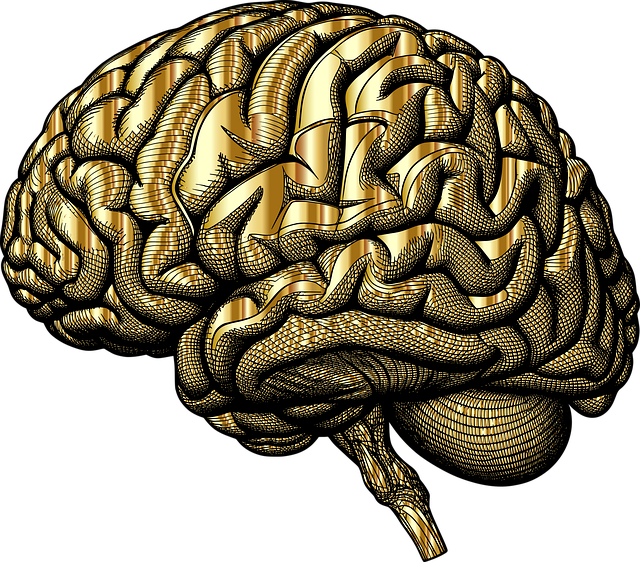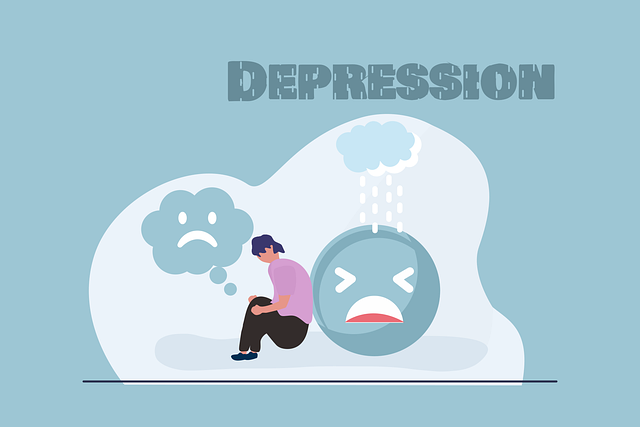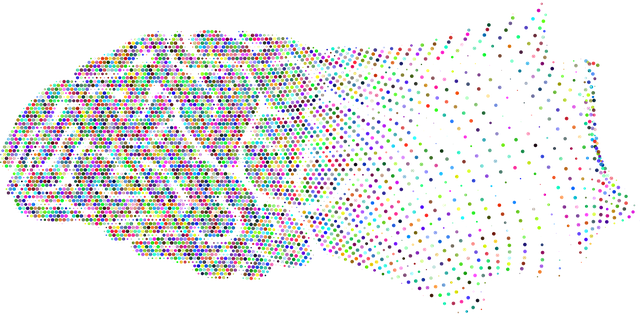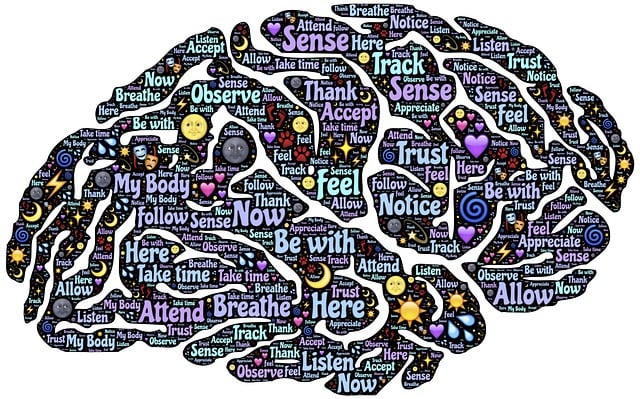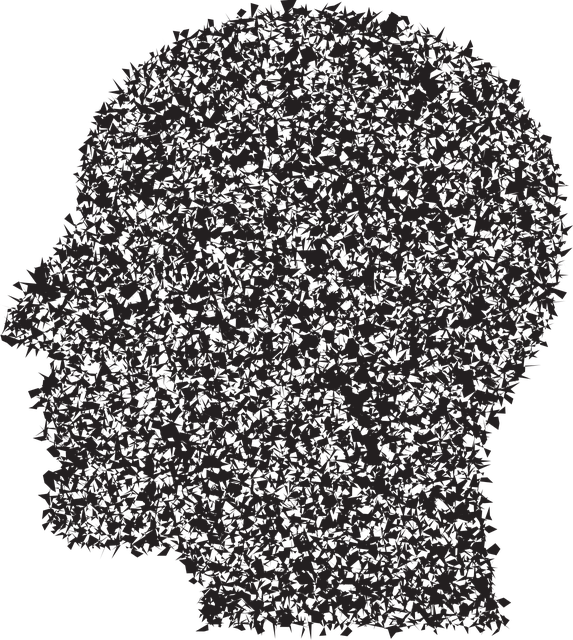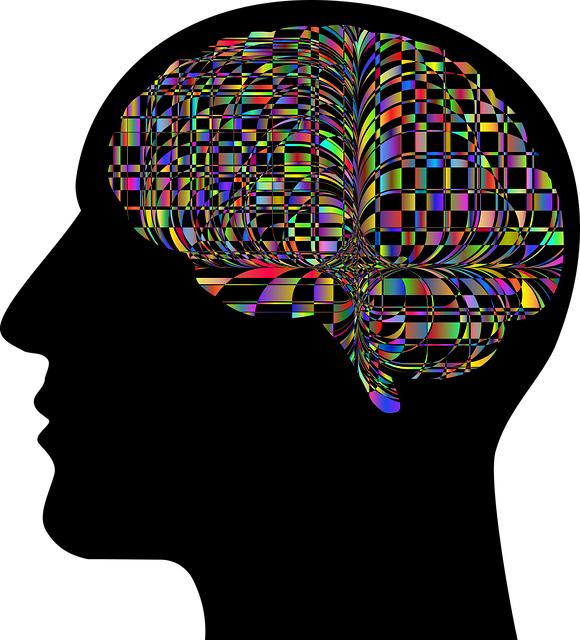Wheat Ridge Children's Therapy offers evidence-based mental wellness programs for kids and adolescents, combining Cognitive Behavioral Therapy (CBT), mindfulness, and compassion cultivation in a safe space. They track real-world outcomes using both quantitative data and qualitative insights from clients and therapists, ensuring program effectiveness and refining care. Their dynamic approach includes pre/post session assessments, stress management workshops, and collaborative staff meetings, providing holistic care tailored to each child's unique needs.
Wheat Ridge Children’s Therapy has pioneered innovative mental wellness programs, emphasizing evidence-based practices. This article explores evaluation methods used to assess and improve these interventions. We delve into the process of measuring program impact, effectiveness, and client outcomes, highlighting best practices for continuous improvement. By examining Wheat Ridge’s approach, therapists can enhance their assessment strategies, ensuring optimal mental health support for young individuals. Discover how these methods transform therapy settings and foster positive, lasting change.
- Understanding Mental Wellness Programs at Wheat Ridge Children's Therapy
- Evaluation Methods: Assessing the Impact and Effectiveness of Interventions
- Best Practices for Continuous Improvement in Child Therapy Settings
Understanding Mental Wellness Programs at Wheat Ridge Children's Therapy

Wheat Ridge Children’s Therapy recognizes that mental wellness is a vital aspect of overall health and well-being, especially for children and adolescents. Their dedicated team offers a comprehensive range of services tailored to meet the unique needs of each young individual. The therapy center focuses on creating a supportive environment where children can explore their emotions, develop coping strategies, and cultivate resilience.
Through various therapeutic approaches, Wheat Ridge Children’s Therapy aims to empower kids and their families. This includes evidence-based practices such as Cognitive Behavioral Therapy (CBT), Mindfulness-Based Interventions, and Compassion Cultivation Practices, which have proven effective in treating anxiety, depression, trauma, and other mental health challenges. The center also emphasizes the importance of Community Outreach Programs and Trauma Support Services to ensure that their reach extends beyond the therapy room, fostering a network of support within the community.
Evaluation Methods: Assessing the Impact and Effectiveness of Interventions

Evaluating the impact and effectiveness of mental wellness programs is a multifaceted process that goes beyond simple satisfaction surveys. At Wheat Ridge Children’s Therapy, we employ diverse methods to assess the real-world outcomes of our interventions. This includes tracking behavioral changes, measuring improvements in mental health symptoms, and collecting feedback from both clients and therapists. By combining quantitative data like survey results with qualitative insights from individual therapy sessions, group discussions, and family feedback, we gain a comprehensive understanding of program effectiveness.
These evaluation methods extend beyond immediate post-intervention assessments. We also conduct follow-up evaluations to understand the long-term impact on mood management and positive thinking. This ongoing assessment allows us to refine our programs, ensure quality care, and implement effective risk management planning for mental health professionals. By continuously evaluating and adapting, Wheat Ridge Children’s Therapy aims to provide evidence-based practices that foster lasting mental wellness in our clients.
Best Practices for Continuous Improvement in Child Therapy Settings

In Wheat Ridge Children’s Therapy settings, best practices for continuous improvement involve a multi-faceted approach that combines evidence-based techniques with a client-centered focus. Regular evaluation methods, such as pre and post-session assessments, are crucial to gauge progress and adjust therapeutic strategies accordingly. By integrating these practices, therapists can enhance the effectiveness of their interventions. For instance, conducting Stress Management Workshops within the therapy framework equips children with coping mechanisms, fostering better emotional well-being promotion techniques.
Additionally, organizing regular staff meetings to discuss case studies and share best practices facilitates emotional healing processes. These collaborative efforts not only improve individual therapy sessions but also create a supportive environment that encourages continuous learning and growth for both therapists and clients. Such dynamic approaches ensure that Wheat Ridge Children’s Therapy remains at the forefront of providing holistic care tailored to each child’s unique needs.
Evaluating mental wellness programs is crucial for understanding their impact and effectiveness, especially at institutions like Wheat Ridge Children’s Therapy. By employing various assessment methods, therapists can gain valuable insights into the success of interventions and identify areas for improvement. Adopting best practices ensures these evaluations are continuous and informed, ultimately enhancing the quality of care provided to children at Wheat Ridge Children’s Therapy.
